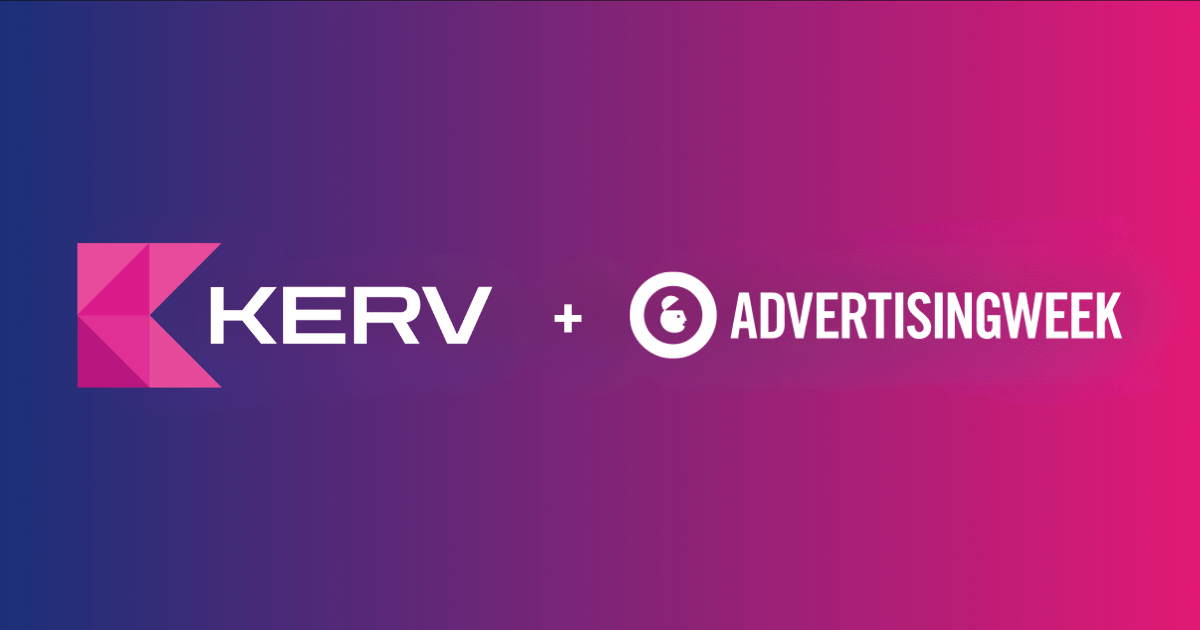By Marika Roque, Chief Innovation Officer, KERV Interactive
In the always-evolving domain of digital media, where the potential for mismatches between ad content and the environment that surrounds it has exploded, ensuring ad compliance and brand safety have never been more vital.
But it’s not just about preventing brand misalignment—it’s also about safeguarding consumer trust and adhering to increasingly stringent regulations. Thus, the challenges of ad compliance and approvals have become a rallying point for both marketers and tech innovators.
One of our clients describes the need for an industry standard around ad compliance as urgent, noting that the process of developing and maintaining internal products is not only costly but also demands continuous updates to ensure compatibility with ad server technology. Furthermore, campaign delays have become “a significant pain point,” the client commented, “when creative assets fail to meet the quality specifications required by publishers.”
Plainly, the stakes are high. Misplaced ads—like a beer commercial during a kid’s cartoon—can lead to negative brand perception and legal repercussions. With growing privacy regulations and consumer sensitivity, brands must navigate a complex landscape to ensure that their ad practices are both ethical and compliant.
The bottom line is, traditional methods of manually reviewing and approving ads are no longer sufficient to keep pace with the volume and variety of digital content. That is where technology, particularly AI, serves a transformative solution.
Brands face myriad challenges managing ad compliance. The sheer volume of ads and the diversity of digital platforms make manual oversight nearly impossible, while inconsistent standards across different ad servers and publishers further complicate compliance. What’s more, the rapid creation of new ad content, often in multiple variations, adds to the difficulty of maintaining a consistent approval process.
As digital advertising becomes more sophisticated, AI offers a promising solution to these challenges. Currently, many brands manage ad compliance using a combination of manual checks and rudimentary automated systems. But those methods can fall short when it comes to efficiency and accuracy.
Meanwhile, AI revolutionizes the process by automating and refining ad compliance checks. For example, AI-driven systems can analyze ads in real-time, assessing them against a set of compliance rules and standards. That includes detecting inappropriate content, ensuring correct ad placements and verifying adherence to regulatory requirements.
AI enables the processing of thousands of ads in a flash, flagging trouble areas that human reviewers might miss.
The measurable outcomes from this implementation have been impressive. AI-driven systems have not only accelerated the ad approval process but also improved accuracy, reducing instances of misplaced ads and ensuring better brand alignment.
It should be noted that while AI offers significant benefits, there are also challenges to its adoption. Among the hurdles: integrating AI systems with existing ad servers and addressing varying standards across platforms. There are also ethical concerns about AI standing in for human judgment when it comes to compliance. That’s why balancing AI with human oversight is essential, as it understands context and makes nuanced decisions the technology simply cannot.
One thing is certain: AI is poised to play an even larger role in ad compliance moving forward. Emerging trends in AI like generative models and advanced content recognition promise to fuel the efficiency and effectiveness of ad compliance systems even further in years to come.
That’s why advertisers should act now to leverage AI in streamlining and improving ad approval processes. By embracing it, they ensure that their ad practices are both efficient and compliant, safeguarding brand reputation and fostering consumer trust.
The future of ad compliance is here, powered by AI.
Read the article on Advertising Week.
